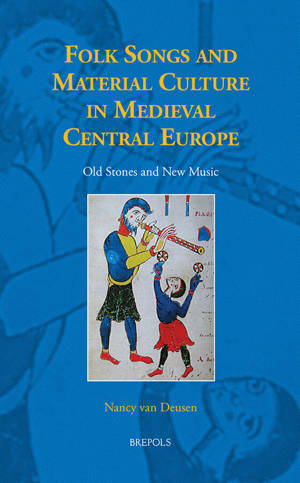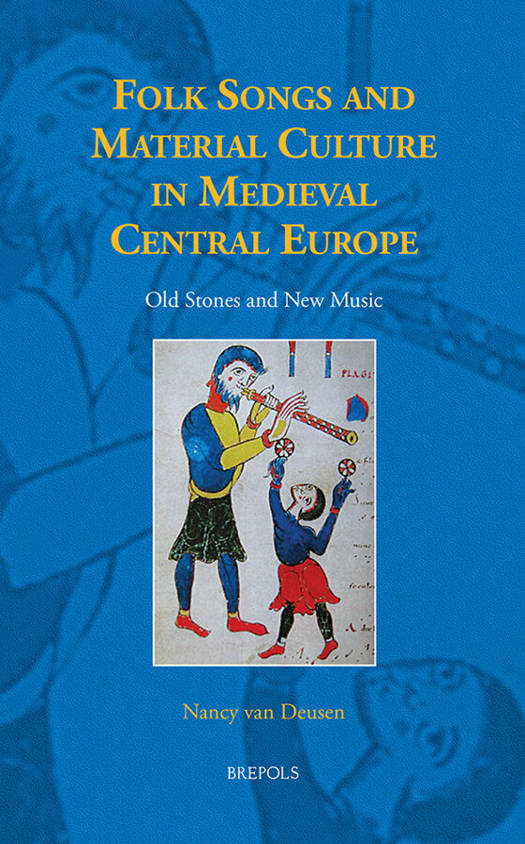
- Afhalen na 1 uur in een winkel met voorraad
- Gratis thuislevering in België vanaf € 30
- Ruim aanbod met 7 miljoen producten
- Afhalen na 1 uur in een winkel met voorraad
- Gratis thuislevering in België vanaf € 30
- Ruim aanbod met 7 miljoen producten
Zoeken
Folk Songs and Material Culture in Medieval Central Europe
Old Stones and New Music
Nancy van Deusen
Hardcover | Engels
€ 127,20
+ 254 punten
Omschrijving
This book takes a unique approach to the study of folk music in Central Europe. Through an analysis of this cultural tradition, and of how words and ideas that were first introduced in Latin Antiquity became increasingly cultivated, refined, and established in the centuries that followed, the volume also questions present-day studies of sound and its organization into the field of so-called 'folk music'. In so doing, it breaks down boundaries that separate historical studies from ethnomusicology, and sheds light on what music continues to mean in daily life. While the focus is primarily on Central European folk music, and in particular on material found in the Hungarian archives, the approach taken here also points to a fruitful comparative methodology that could be employed on a larger scale, enabling scholars to consider broader chronological and geographical contexts.
Specificaties
Betrokkenen
- Auteur(s):
- Uitgeverij:
Inhoud
- Aantal bladzijden:
- 282
- Taal:
- Engels
Eigenschappen
- Productcode (EAN):
- 9782503541327
- Verschijningsdatum:
- 30/05/2019
- Uitvoering:
- Hardcover
- Formaat:
- Genaaid
- Afmetingen:
- 163 mm x 239 mm
- Gewicht:
- 635 g

Alleen bij Standaard Boekhandel
+ 254 punten op je klantenkaart van Standaard Boekhandel
Beoordelingen
We publiceren alleen reviews die voldoen aan de voorwaarden voor reviews. Bekijk onze voorwaarden voor reviews.











